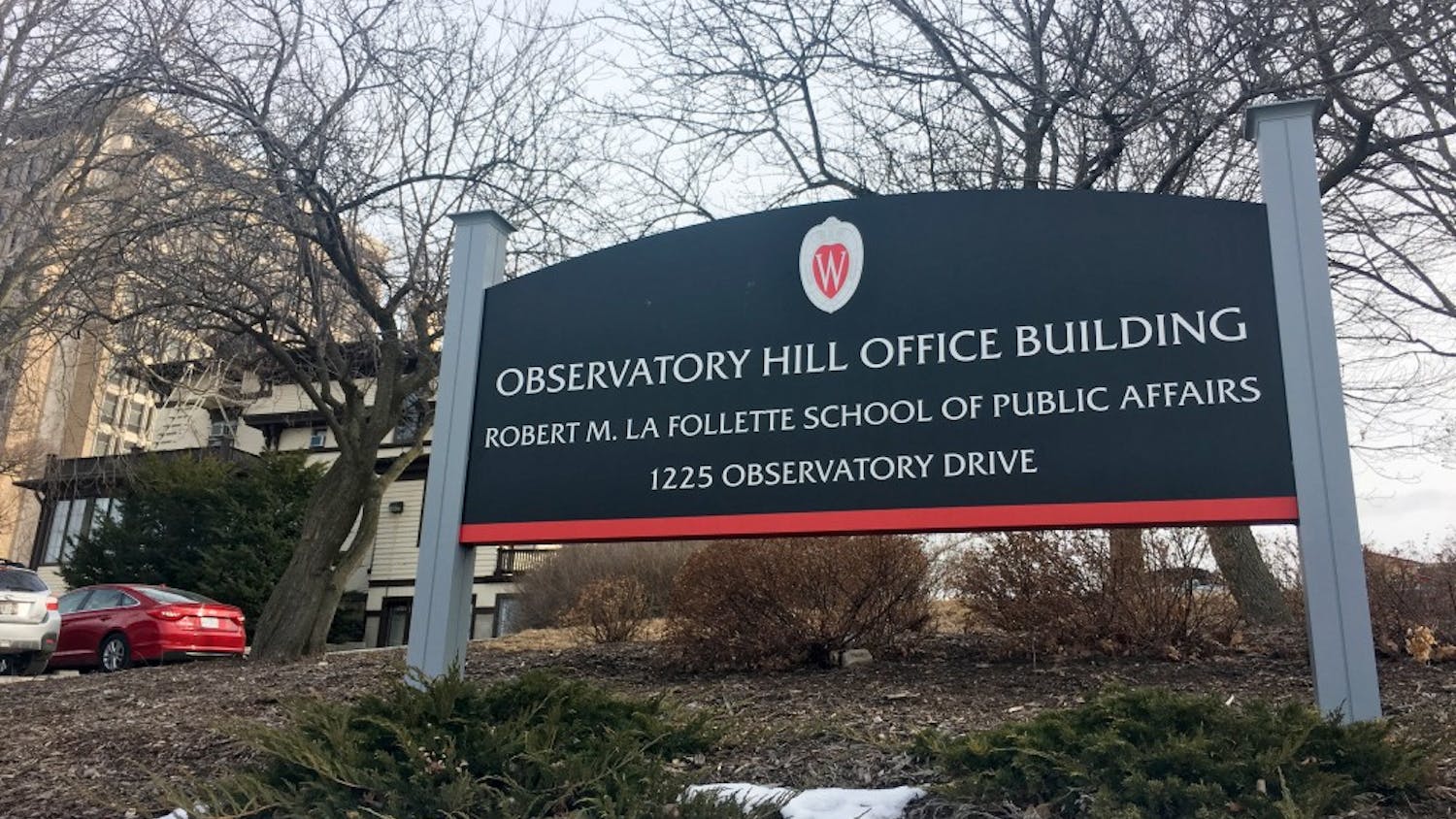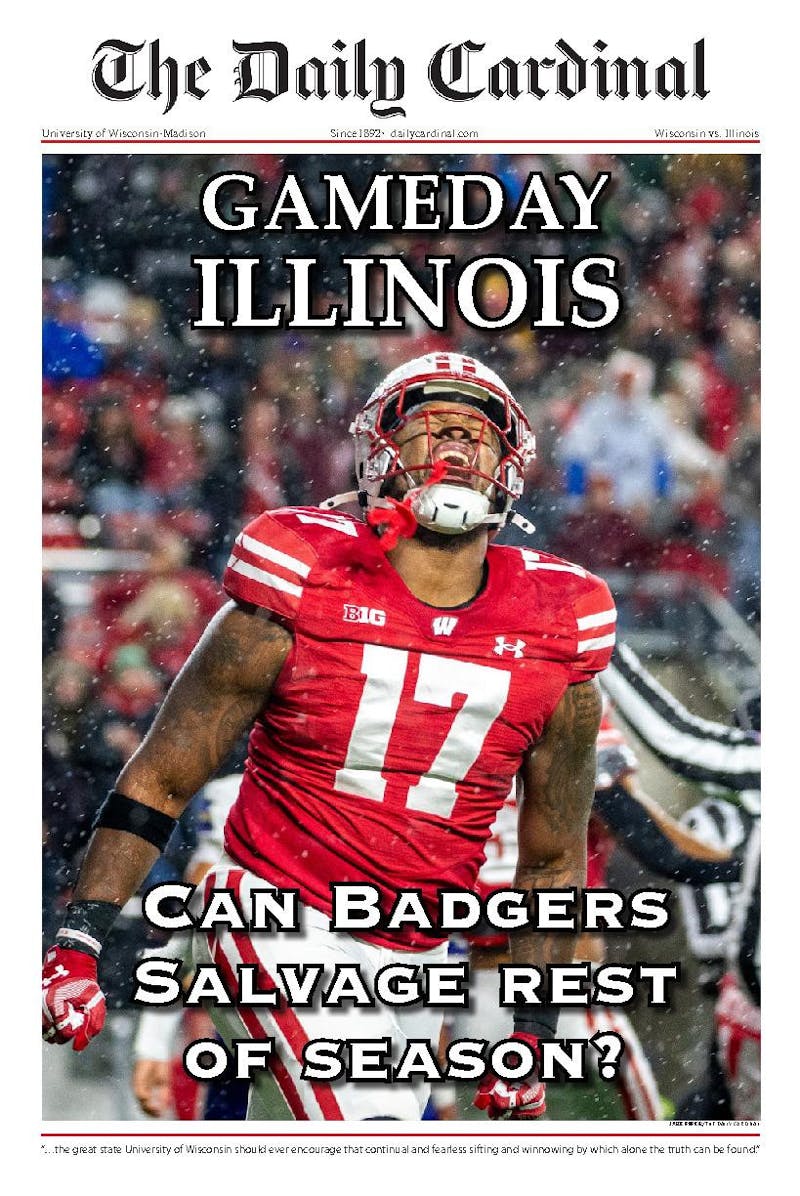A four-speaker panel of university experts at Memorial Union Tuesday evening discussed how the Trump administration’s cuts on the University of Wisconsin-Madison’s research practices stall innovation and slow economic and scientific growth.
UW-Madison — one of the top research universities in the country — has faced funding and award cuts from the federal government, pushing the university into legal challenges to combat funding discrepancies. The panel explored the potential economic impacts of losing federal research funds.
UW-Madison’s research has historically been funded by the federal government and funding has declined by about 15 percentage points in the past two decades, from 33% to 18%. The university received around $127 million from the National Science Foundation (NSF) and $457 million from the National Institutes of Health (NIH) in 2024.
Money from the federal government is generally distributed to projects by Congress. The National Cancer Institute receives appropriated funds from the NIH that Congress has allocated to the NIH.
“The devastation on the NIH is going to be unbelievable,” Robert Golden, Dean Emeritus of School of Medicine and Public Health, said.
Golden highlighted UW-Madison’s Alzheimer’s research — the lead center for a major Alzheimer’s study — as some of the most impactful research being conducted, saying federal funding is required to continue.
One way UW-Madison sees a direct impact of cuts to federal funding is the graduate student program. To combat the cuts, the university is accepting less graduate students, as their research is generally paid through federal grants and awards.
The panel unanimously identified spending transparency from universities as the central issue regarding federal funding.
During the height of the COVID-19 pandemic, Golden claimed the public felt misled and confused. Berger then discussed how the medical and public health communities learned lessons about lack of transparency, condescending attitudes and belittling those who raise legitimate questions about research conduct and how it’s funded.
The panelists argued that as a university considered to be a public ivy, UW-Madison is perceived by society as an elitist institution. Berger discussed the challenges scholars should consider when attempting to educate.
“Scholars must be more vigorous and transparent in their work, focusing on scientific evidence and a more idealistic perspective,” Berger said.
He emphasized the importance of scholars welcoming “ideological diversity” in conversation on campus.
Research requiring significant funding is usually built on years of basic projects and Crim emphasized that private organizations depending on donations and philanthropy cannot fill the holes cuts to federal research funding would leave behind.
Lack of money going towards research is not only a scholarly issue, but an economic and state issue as well, according to the panelists. Research conducted at UW-Madison directly impacts the farmlands of Wisconsin, as the university works directly with Wisconsin farmers to make advances in science and agriculture.
“Research impacts who it is designed to help,” Cramer said. “It’s designed to solve problems.”
The panelists emphasized that cuts to already low funding prevents scientific advancements and innovation on a national scale.
“Understanding how the world works makes us a better society,” said Fleming. “It has lots of practical benefits, but that fundamental research is transforming the future.”






